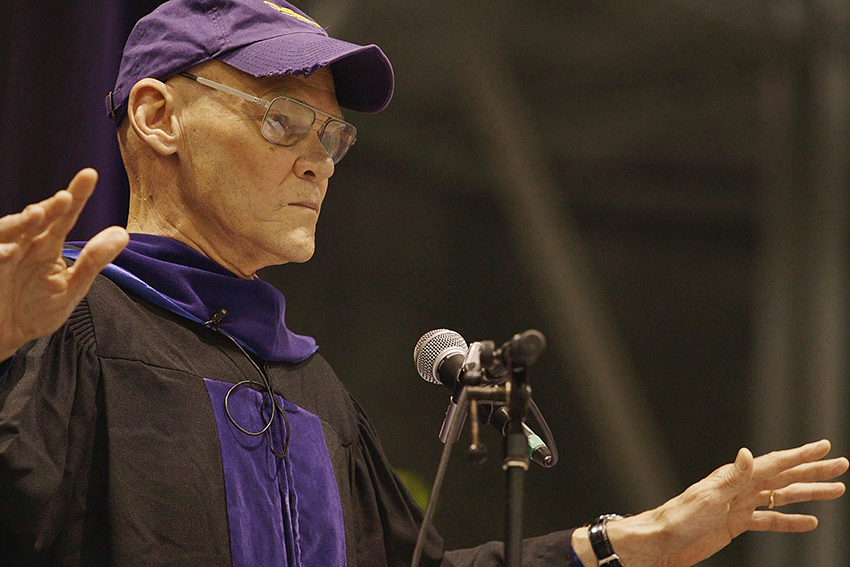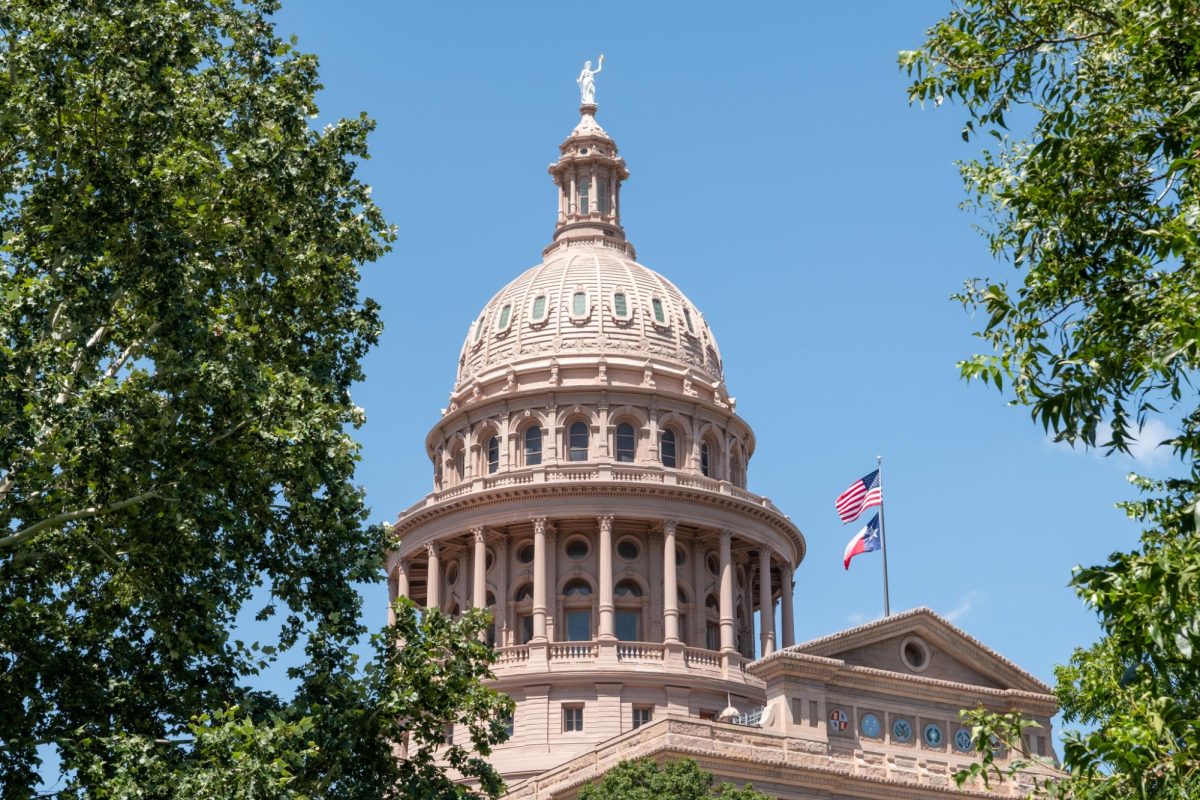Radio-television-film lecturer Steve Mims directed a film that premiered at SXSW last week.
Mims said the documentary, “Starving the Beast: The Battle to Disrupt and Reform America’s Public Universities” is about the decline in state funding for public universities across the country, including UT.
“Over 35 years, funding that states provide to public universities like UT has radically been reduced,” Mims said. “Funding for public higher education actually peaked in 1980. UT used to get, on average, about 65 percent of its funding directly from the state, and now it’s about 12 percent.”
According to the UT Budget Office, for the 1984–1985 academic year, 47 percent of UT’s budget came from the state, while tuition fees made up 5 percent of the budget. In comparison, for the 2014–2015 academic year, state funding decreased to 12 percent of UT’s total budget, with 22 percent coming from tuition.
“The money the state doesn’t provide is now replaced by money from students and their families,” Mims said. “That’s part of the reason why tuition at public universities is going up pretty radically.”
Bill Banowsky, producer of “Starving the Beast,” said there is a well organized effort across the country to defund public higher education, which has repercussions.
“[Public research universities] have had an enormous impact on our economy,” Banowsky said. “Defunding [public higher education] is resulting in, we fear, people who do not come from wealthy backgrounds having much less access to high-quality higher education. Once this happens, it’ll be very difficult, if not impossible, to reverse that trend.”
Mims said the trend is a radical shift from the way people looked at higher education until very recently.
“When public higher education started, the states poured a lot of money into it because they viewed public higher education as an investment of the people of the state,” Mims said. “That’s what you do when you see students as citizens of a state. The current thinking, the reform movement, doesn’t really see things that way. They see students as customers.”
University spokesperson Gary Susswein said in an email that appropriate funding is required for UT to remain one of the best public research universities in the nation.
“We continue to work closely with lawmakers to help restore that support so we can fulfill our mandate in the Texas Constitution of being a ‘University of the first class,’” Susswein said in the email.





















